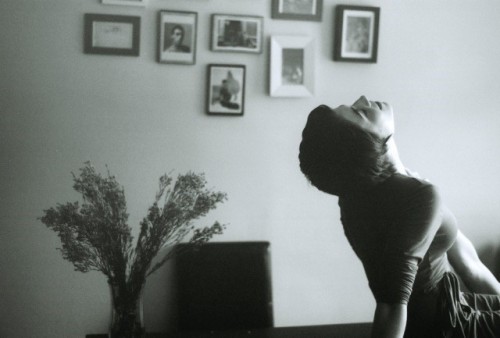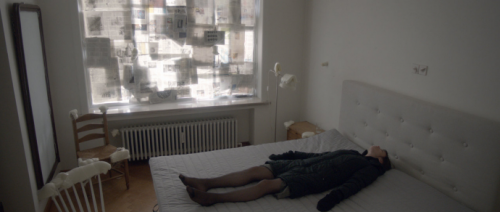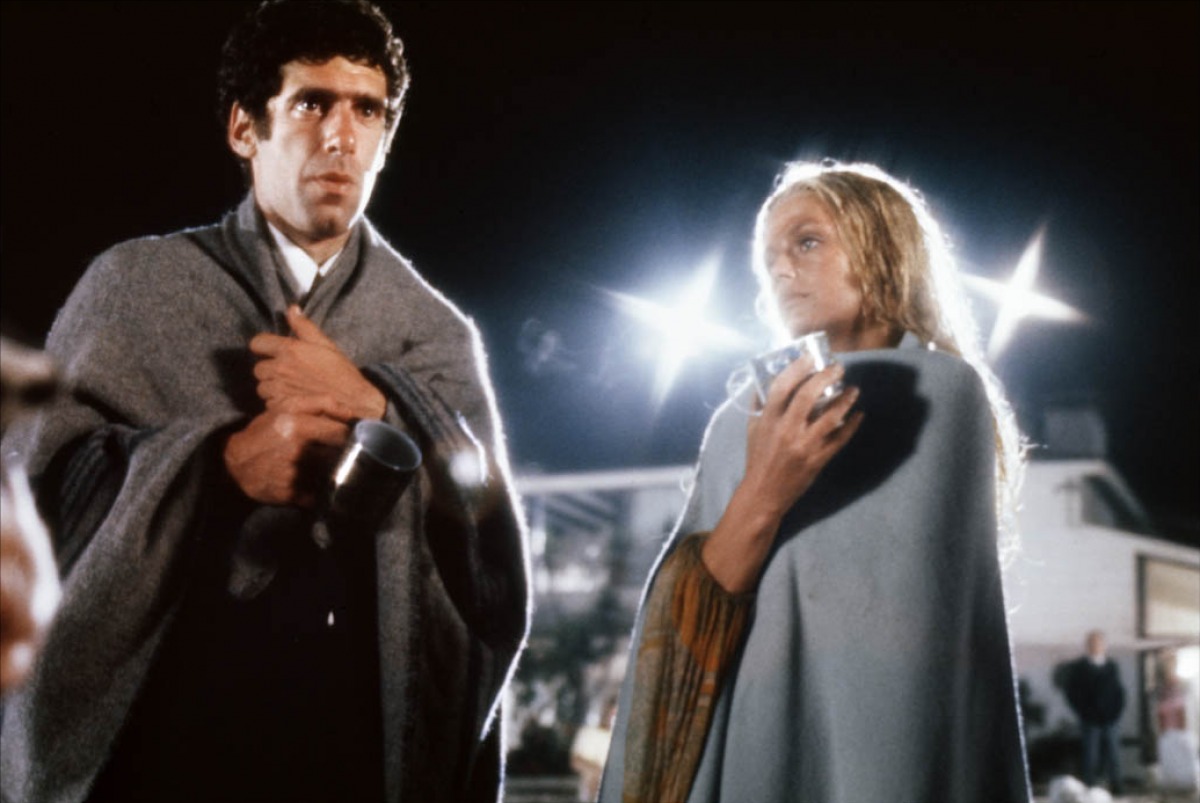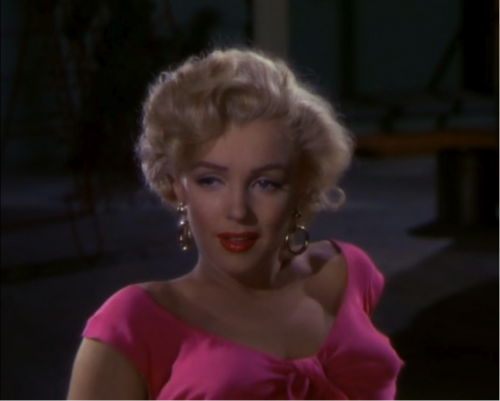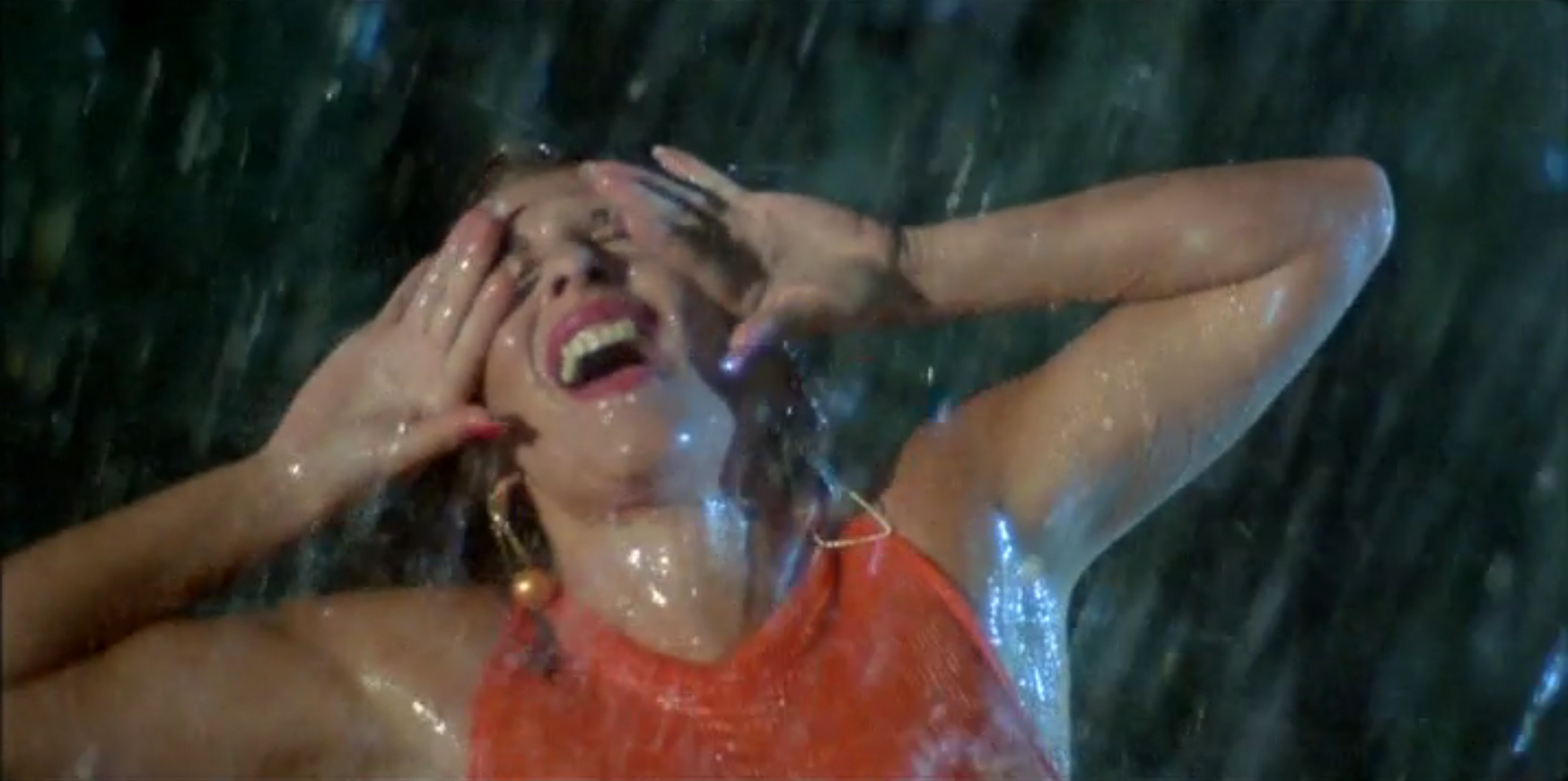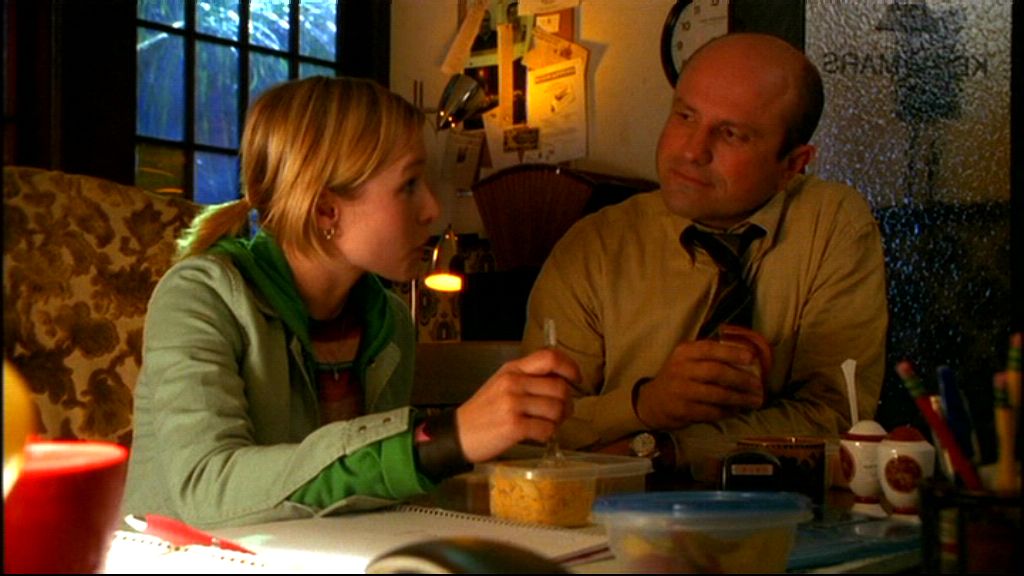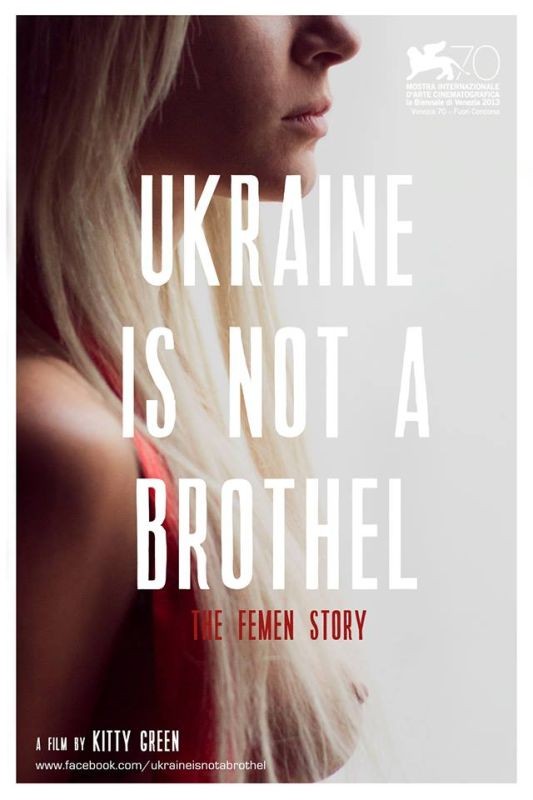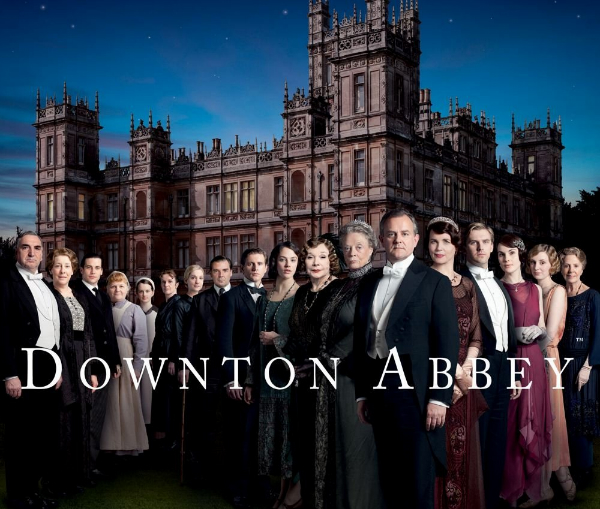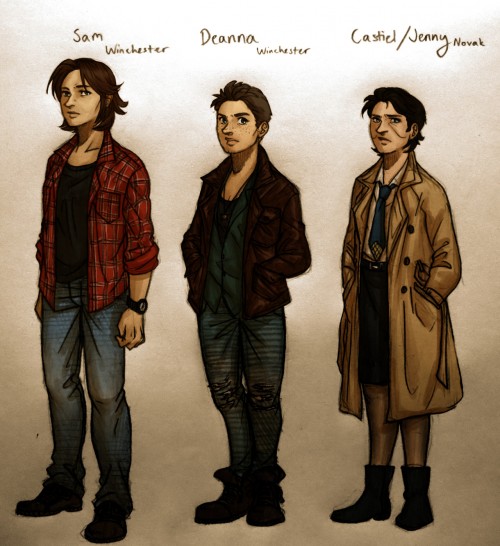Quirky Free-Spirit or Mentally Ill?: The Mystery of ‘Barefoot’
You wouldn’t be entirely mistaken to assume ‘Barefoot’ is a light-hearted romcom centering on a free-spirited hippie who doesn’t like to wear shoes, instead of the story of a naive mental patient falling in love with an inveterate womanizer and gambler. The former certainly seems to be what the movie is trying to be.
‘Barefoot’ is emotionally manipulative, full of unchecked exploitation, sexism and ableism and worst of all, portrays a woman who supposedly has severe mental illness as something akin to a fairy tale princess.

